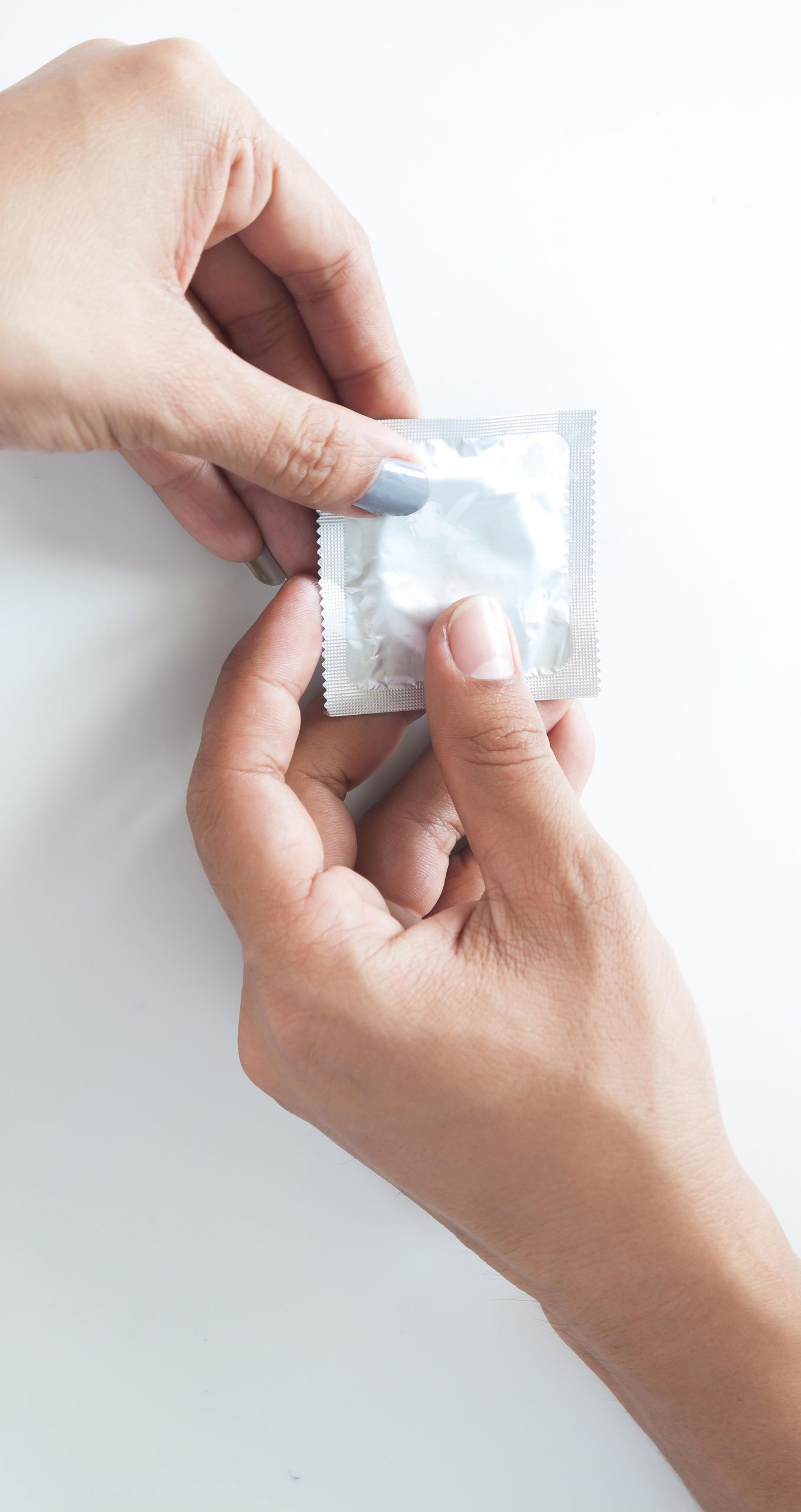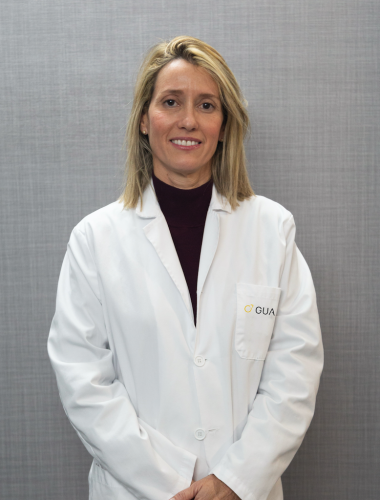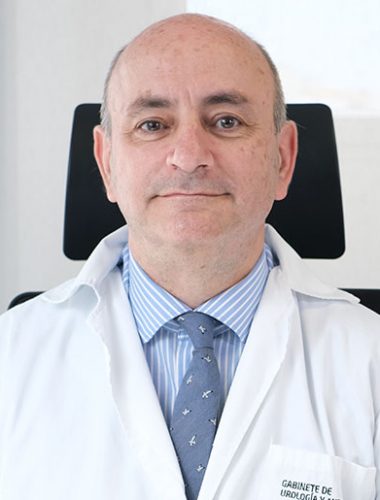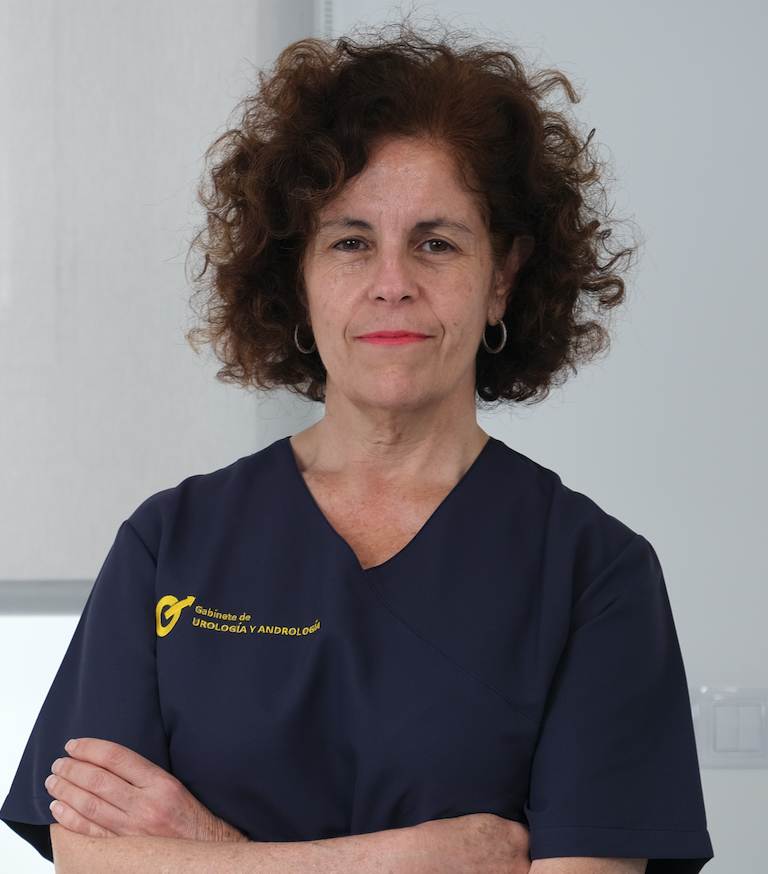
What is HIV?
AIDS is caused by the human immunodeficiency virus. It attacks the body's defense cells and gradually weakens our immune system.
As the disease progresses, our immune defense system is unable to cope with infections that normally do not cause any problems.
The incubation period of the virus is from 3 weeks to 3 months and normally symptoms do not appear until 10 years have passed. It is for this reason that many patients can infect other people without knowing it.
Some people, and we emphasize only some people, who have been infected by the AIDS virus, have had symptoms similar to a cold or mild flu, others develop symptoms such as fever, or enlarged glands.
Diagnosis of HIV
The only way to know if you have contracted the infection is with a specific test always performed by a health professional, through a blood test.
HIV treatment
Treatments will always depend on the individual patient, but therapy usually includes one of the following families of drugs called antiretrovirals.
Prevention
Practicing oral sex with protective barriers: Condom or condom. Do not share sex toys and use latex gloves, being extremely careful in anal or vaginal penetrations.
Pre-exposure prophylaxis of the AIDS virus:
It is the daily treatment with anti-HIV drugs that people who are HIV-negative but at risk of HIV infection receive in order to reduce the possibility of contracting the virus.
Consistent use of PrEP reduces the risk of acquiring HIV infection through sexual intercourse by approximately 99% and injecting drug use by at least 74%.
It is a controversial and novel type of treatment because giving the possibility of not protecting oneself with a condom may lead to less condom use.
We would like to remind our patients that there is not only the risk of HIV infection but also other sexually transmitted diseases such as gonorrhea, syphilis, hepatitis... These types of diseases can also have consequences for our patients.
Given this problem that we are currently facing, we want to encourage patients to come to our office so that prior to a risk exposure we can control not only HIV but also make a control to rule out other sexually transmitted diseases and thus reduce the number of infections.
After the exposure we should also assess the patient to see how the treatment went and if he/she has any symptoms. In addition, we will reassess for all sexually transmitted diseases to ensure that he/she has not contracted any STDs during the time of exposure.
Our specialists
Take care of your sexual health today! Don't wait any longer to schedule your appointment with our experts.






